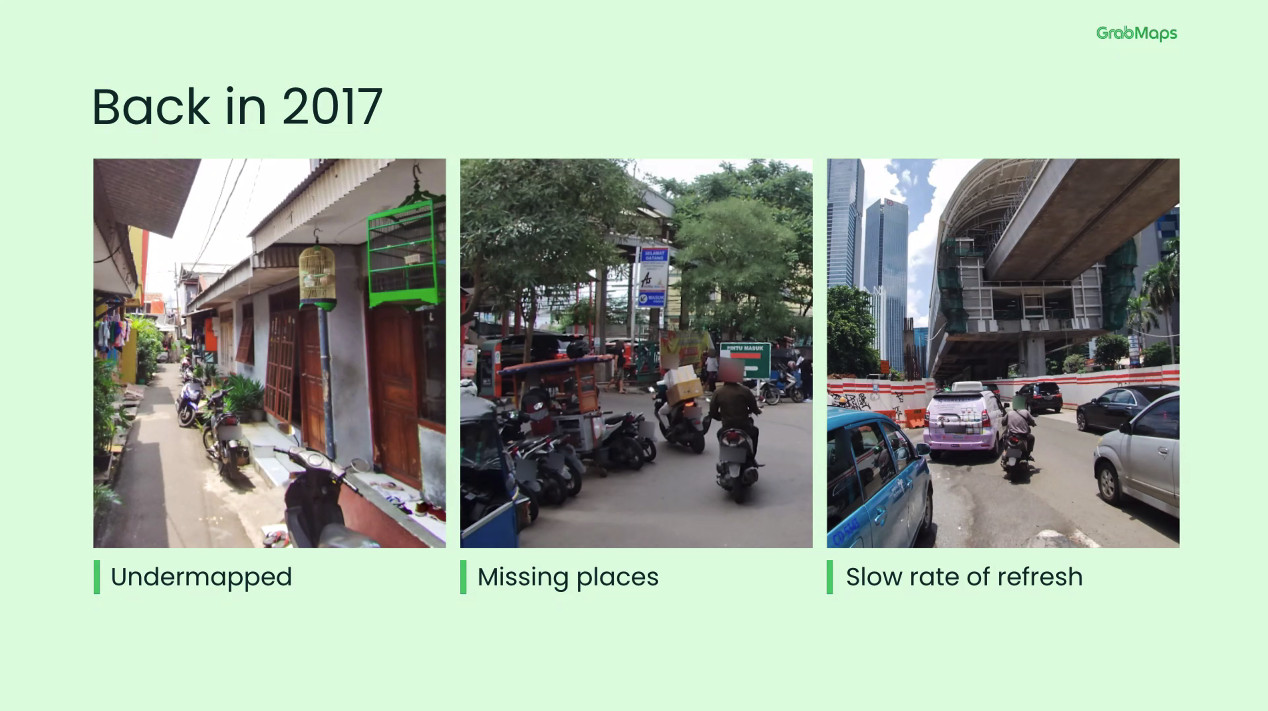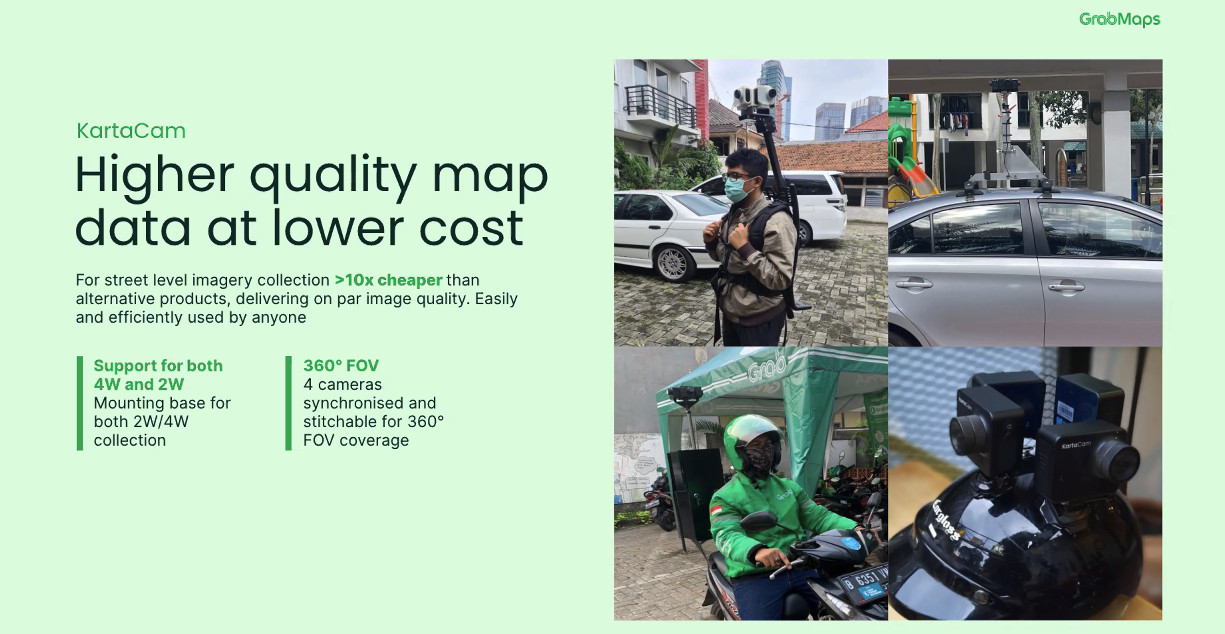The Grab super app previously licensed third-party mapping data from unnamed services but started contributing points of interest on OpenStreetMaps in 2017. Since then, the company has collected data on 33 million places and estimates the number to grow to 37 million by the end of the year, with 2TB of new data added daily. By using the data from each Grab trip by its driver-partners, the app can update routes in real-time for things like road closures or nearby accidents. The company also claims that amendments to meeting points in places such as condominiums and malls can be updated in just a few days from customer feedback. One of the most exciting features teased is the ability for the app to include toll charges in the estimated e-hailing fare, but this particular ability has only been made available in Singapore so far. The company says that GrabMaps is already in use in seven out of eight of its markets with the exception of Indonesia, though it aims to fully move to its mapping technology by the third quarter of this year. Grab claims that GrabMaps has an error rate that is four times lower and has 10 times lower latency than the leading third-party mapping provider. It also gives an extra source of income to some of its drivers who participate in providing data by using mounted cameras called Kartacams while running their trips, which are processed automatically by KartaView, previously known as OpenStreetCam. On the enterprise side, the company will be rolling out application programming interfaces (APIs) and mobile software development kits (SDKs) later in 2022 and 2023 respectively for other developers. This will allow developers to use GrabMaps in their own apps that use Grab’s routing, traffic, and navigation features. (Source: Grab press release)

